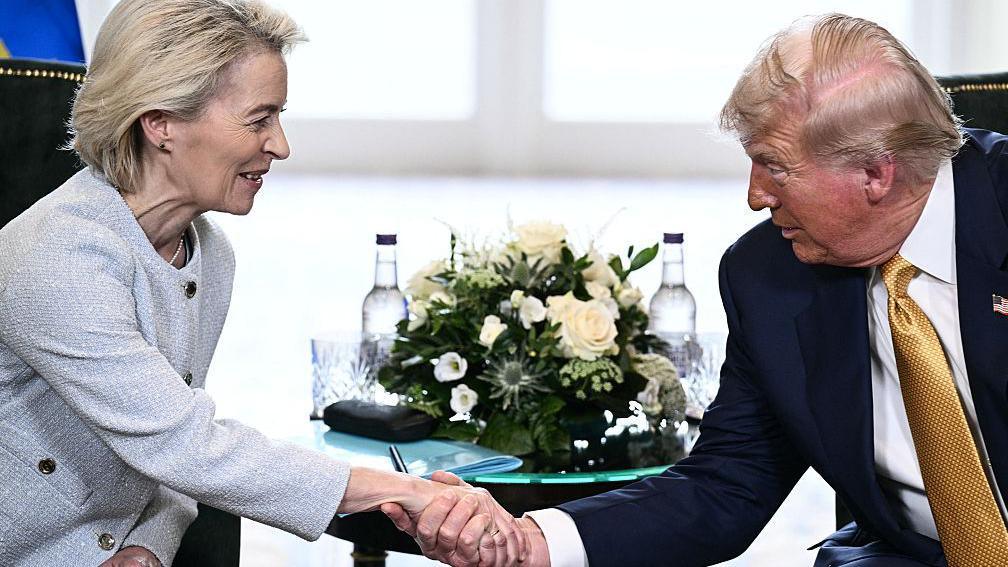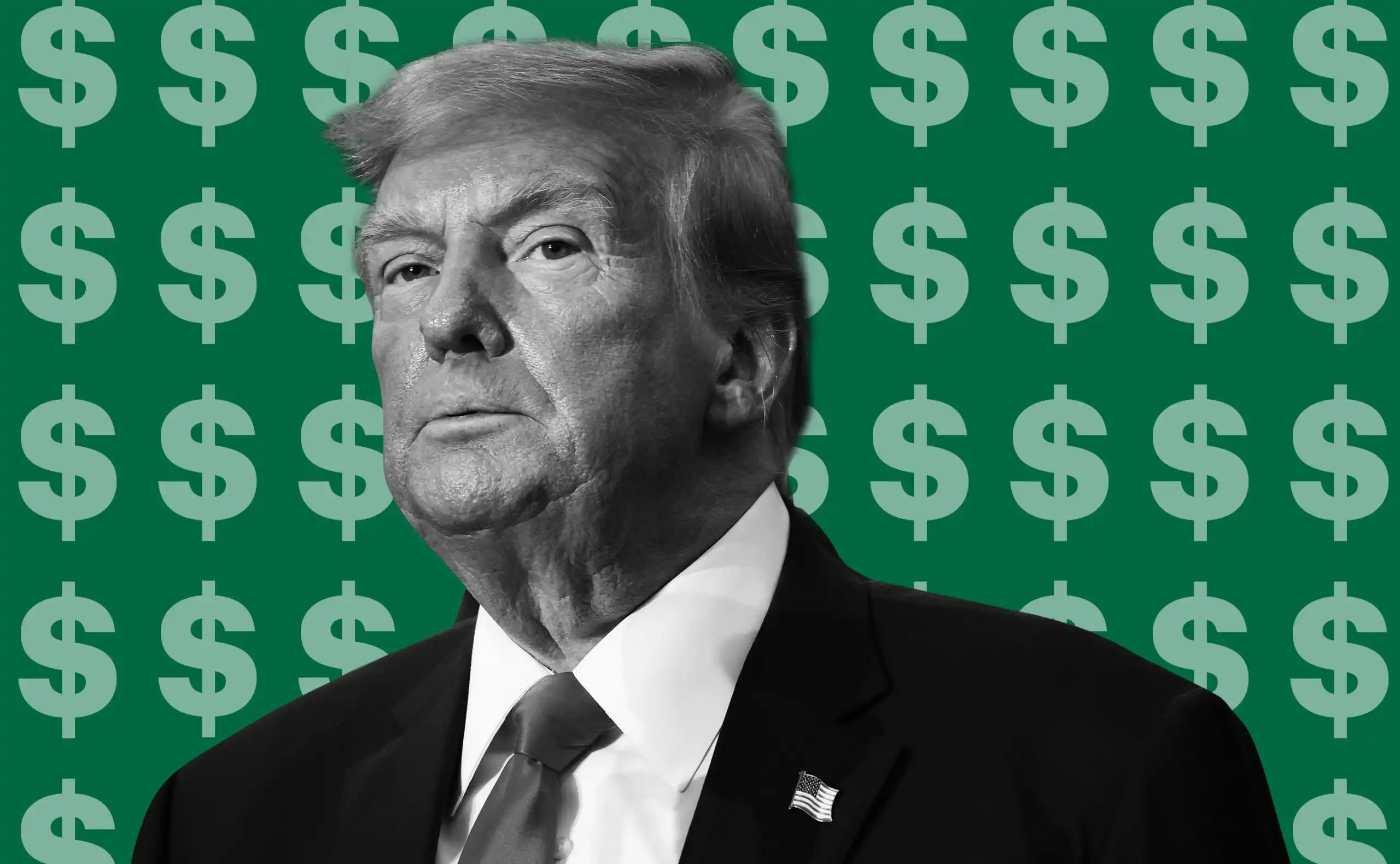Trump’s controversial tariffs are sparking legal battles and economic backlash, putting small businesses and trade stability at risk.
President Donald Trump has formally petitioned the U.S. Supreme Court to overturn a recent federal appeals court ruling that declared many of his sweeping tariffs illegal according to Reuters. The administration argues that the tariffs, imposed under the International Emergency Economic Powers Act (IEEPA), are necessary to protect national security and address trade imbalances. However, critics contend that these measures represent executive overreach and have detrimental effects on small businesses and the broader economy.
Legal Ruling Strikes Down Tariffs
On August 29, 2025, the U.S. Court of Appeals for the Federal Circuit issued a 7-4 decision stating that the president exceeded his authority by imposing broad tariffs under IEEPA according to BBC News. The court emphasized that setting import levies is a core Congressional power and that the president's actions infringed upon the legislative branch's constitutional role. The decision was stayed until October 14, 2025, allowing the administration time to appeal to the Supreme Court.

Trump appears concerned as a federal court strikes down many of his global tariffs, highlighting the challenges in U.S.-China trade relations.
Economic Impact on Small Businesses
Small businesses across the nation have expressed concerns about the adverse effects of the tariffs. According to the U.S. Chamber of Commerce, tariffs have led to increased costs, supply chain disruptions, and uncertainty, particularly for small enterprises that lack the resources to absorb such financial burdens. The Chamber has reported that thousands of small businesses are experiencing significant challenges due to these trade policies.
Political and Legal Implications
The administration's appeal to the Supreme Court underscores the high stakes involved. Solicitor General John Sauer emphasized that the lower court's ruling threatens to "unilaterally disarm the United States and allow other nations to hold America's economy hostage to their retaliatory trade policies." Legal experts, however, caution that the Supreme Court may be hesitant to grant expansive executive powers in trade matters, especially given the major questions doctrine, which limits the scope of presidential authority in areas traditionally regulated by Congress.

President Donald Trump and European Commission President Ursula von der Leyen seal the 15% tariff deal with a handshake at Turnberry, Scotland.
Possible Outcomes and Future Considerations
If the Supreme Court decides to hear the case, its ruling could have significant implications for presidential powers and U.S. trade policy. A decision upholding the appeals court's ruling could lead to the rollback of billions of dollars in tariffs, potentially affecting trade negotiations and international relations according to The Washington Post. Conversely, a decision in favor of the administration could set a precedent for broader executive authority in trade matters, raising concerns about the balance of powers between the branches of government.
FAQs (People Also Ask)
Final Thoughts
The Trump administration's appeal to the Supreme Court over the legality of its sweeping tariffs highlights the ongoing debate over executive authority and trade policy.
While the administration argues that these measures are necessary to protect national security and address trade imbalances, critics contend that they represent overreach and have negative consequences for small businesses and the broader economy. The Supreme Court's forthcoming decision could have lasting implications for the balance of powers and the future of U.S. trade policy.















